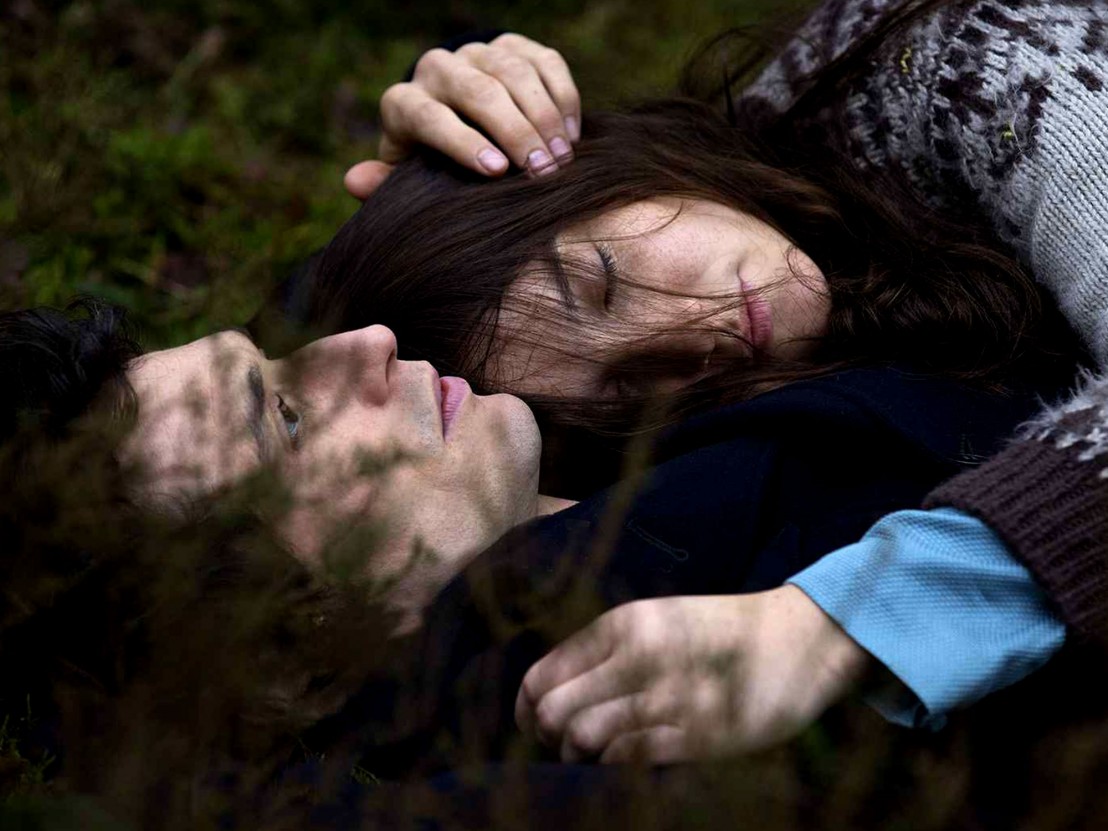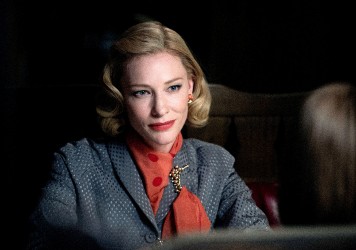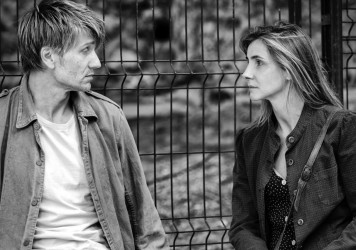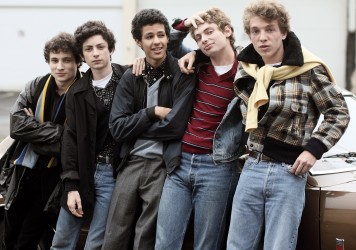
Anaïs Demoustier and Jérémie Elkaïm are perfectly cast in this rewarding tale of forbidden love.
Interest in the simply told incest story that unfolds throughout the course of this period drama depends on ones levels of salacity. Do you want to see an aristocratically handsome brother and sister having sex? This writer conducted a brief spell of self-examination and decided ‘yes’.
The mechanics of how the taboo desire unfolds is based on the 16th century true story of Marguerite and Julien de Ravelet, a pair whose affection for each other is as reciprocated as their cheekbones are high in this dramatisation (Anaïs Demoustier and Jérémie Elkaïm are well-matched). They are presented to us as doting kids overseen by both parents and a priest. The latter sniffs out something atypical in the way Julien looks at his sister – “her melancholy grace was charming” – and so Julien is sent away with his brother to be educated in esteemed European centres.
Scene-setting is slow to make way for the supple flesh and shared blood of the core intrigue. A fresh hook comes from the level of self-consciousness director Valérie Donzelli brings to the storytelling. In a dormitory full of schoolgirls in nightdresses, an older girl is narrating the tale of Marguerite et Julien. The gripped expressions on young rosy faces are testament to directorial awareness that from a young age we gravitate towards stories of otherness. We are being dared to give into that simple taste for a rip-roaring yarn full of romance, peril and exotic distance.
For much of the film, Marguerite and Julien are busy not doing the deed. Acceptance of the magnitude of their desires takes awhile to fully blossom. Céline Bozon’s photography captures the type of magnetism that plays as the most natural relationship in this film, which in turn challenges the moral panic surrounding the pair. Marguerite and Julien make a vague go of playing by society’s rules but the more society punishes them for their thought-crimes, the more integral the solace of their bond becomes.
The script, based on a book by Truffaut’s regular writer, Jean Gruault is plump with suggestiveness, actors delivering precise words that quiver as they encircle the loaded facts of the matter. Anaïs Demoustier and Jérémie Elkaïm are perfectly cast. Their physical daintiness flies in the face of the supposed squalor of their actions and their well-matched beauty tempts the camera as they tempt each other.
Formally unambitious as Marguerite et Julien may be, the romance is so heartfelt and the comeuppance so stirring that it prompts a first-time ever question for this writer: ‘Is incest really that bad?’ Anyone?
Published 21 May 2015

Todd Haynes lights up the Croisette with this exemplary lesbian romance starring Cate Blanchett and Rooney Mara.

The 2015 Cannes Director’s Fortnight strand opens with a magnificent miniature from Philippe Garrel.

The new feature from Arnaud Desplechin is a rite-of-passage masterpiece.